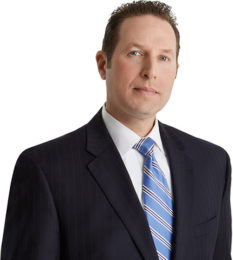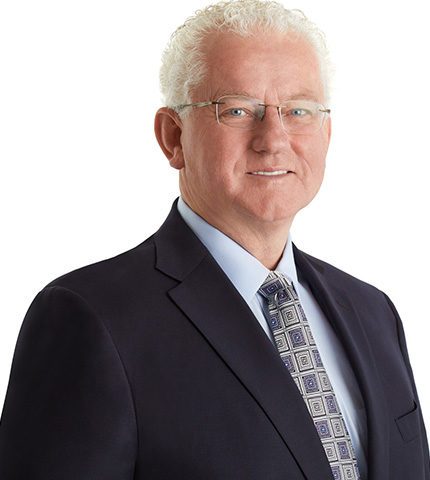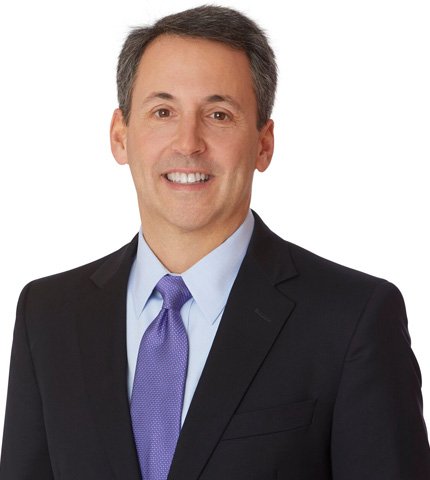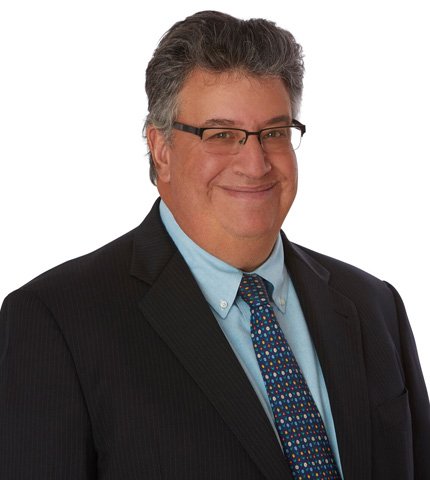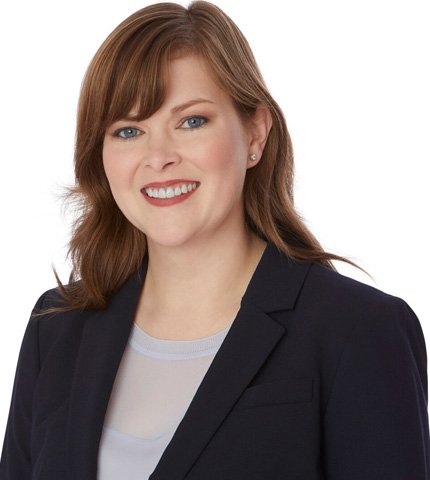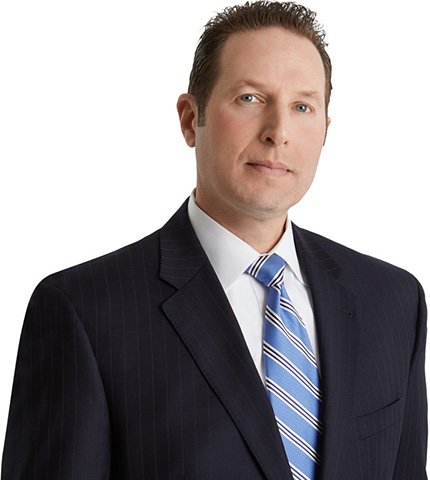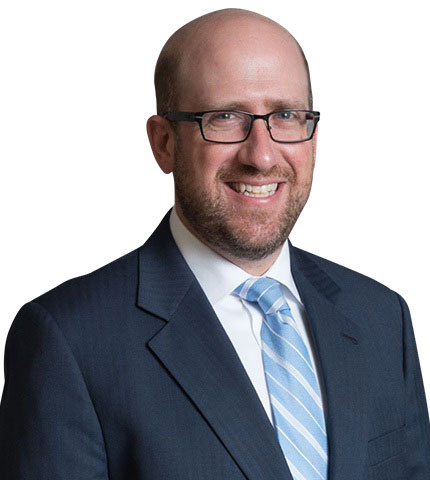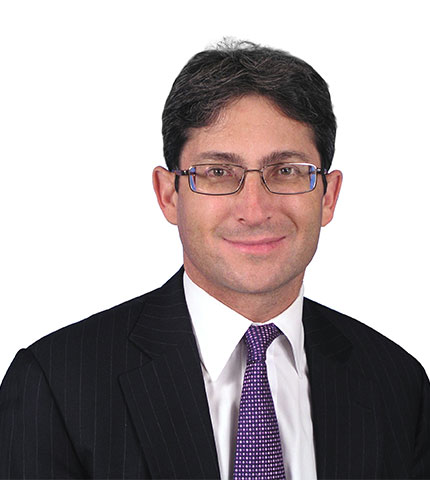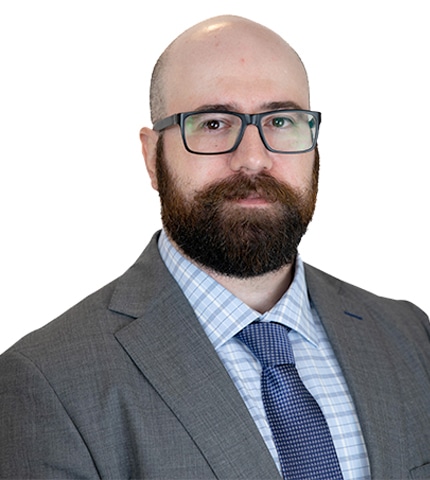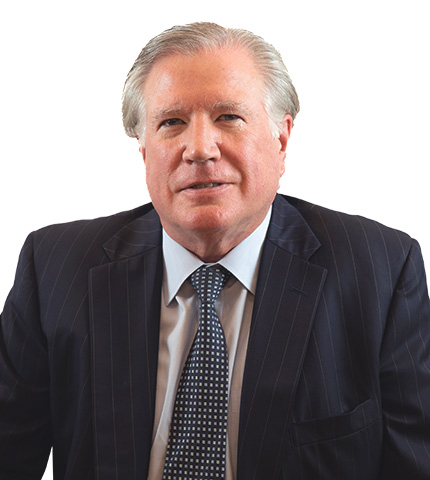The Pitfalls of Treating Friends and Relatives
It is certainly a very familiar situation that every healthcare professional has faced at some time after beginning their career. You’re at a social event and a friend or relative asks if you could just take a quick look at this bothersome lump. In this age of malpractice litigation, such a request is certain to produce anxiety and concern in the healthcare professional.
According to a survey in the New England Journal of Medicine, 99% of physicians reported requests from family members for medical advice, diagnosis or treatment; 33% had observed another physician “inappropriately involved” in a family member’s care. In addition, when it came to physicians’ interactions with family members:
- 83% had prescribed medication;
- 80% had diagnosed medical illnesses;
- 72% had conducted a physical exam;
- 15% had acted as a family member’s primary attending physician in the hospital;
- 9% had performed an operation on a family member.
Naturally, when physicians treat friends or relatives, the four “pillars” of medical ethics – autonomy, beneficence, non-maleficence and justice – must be considered. However, legal and professional pitfalls must also be navigated.
Physicians, who by their very nature heal others, often want most to care for those close to them. However, the American Medical Associationopines that, “Physicians generally should not treat themselves or members of their immediate families.” Concerns include professional objectivity, patient autonomy, and informed consent.
Physicians must understand that such treatment is fraught with risk. Despite the informal nature with which some physicians may believe they are providing medical care to a friend or relative, the physician-patient relationship is like pregnancy, with only a binary choice.The establishment of a physician-patient relationship is not reliant on any one factor which the physician can control, such as where the interaction occurs or whether a fee is charged. Rather, this is a legal determination which a court alone makes based on numerous considerations. Physicians who treat interactions with family members or friends any differently than every other patient relationship put themselves at great legal peril; those who believe that they are immune from being sued may be sorely mistaken.Perhaps the most important argument against giving medical advice to non-patients is that the physician is put in a position of being asked to give medical opinions and recommendations often without sufficient information or data. This can obviously lead to suboptimal care for the friend or relative.
Despite the apparent innocuous nature of rendering medical advice or treatment to friends or relatives, great risk is hidden just below the surface. Expectations may be unclear, objectivity may be compromised by personal feelings, and discomfort and embarrassment may hamper the free flow of information.
The very existence of a personal relationship makes treatment of a friend or relative different from the ordinary patient. However, if a professional relationship nevertheless ensues, efforts must be made to recognize the potential land mines, and it is vital for the physician to try to treat the patient as he or she would treat any other patient, with sound documentation of the care, communication with other providers and judgment of the limits of one’s own expertise.Most importantly, the physician must not believe that a personal relationship with the patient changes the applicable standard of care or the likelihood of legal or professional jeopardy; the best of intentions can lead to a lawsuit or an OPMC investigation.
Medical professionals should not feel that they must completely avoid giving their medical opinions to friends and family. It is recommended that the healthcare provider make sure that the non-patient is absolutely clear about what the physician can, and will do for them in this scenario. Physicians will typically feel comfortable offering factual advice and this will often serve a useful function. When the physician’s advice begins to enter the realm of the physician’s medical judgment, or extends beyond his/her expertise, the physician is advised to proceed cautiously. When faced with an uncomfortable request, some possible responses could be:
- “I am happy to help but please understand that [I have not examined you], [I am not a cardiologist], [I am not your doctor].”
- “I am not your doctor, but in situations like this I believe [X] is recommended.”
- “I am sorry, but I don’t think I can do this because …”
- “Under these circumstances, you should not rely on me for medical advice.”
- “I would feel better if you asked your doctor about this.”
It is also suggested that the physician document everything that happened during the exchange, even if the treatment was minor.
What Does the AMA Have to Say About this Issue?
The AMA’s Code of Ethics states that in general, physicians should not treat relatives except in certain rare situations, such as emergencies or isolated settings where there is no other qualified physician available, or for minor, not long-term problems. Some examples would include writing a small prescription for a narcotic, controlled substance or a tranquilizer for a friend or family member who isn’t your patient. If a relative calls and says I have an infection but has not been examined or had any testing, that could cause problems for the physician down the road.
AMA’s website further states that physicians who treat family members have a responsibility to:
- “Document treatment or care provided and convey relevant information to the patient’s primary care physician.”
- “Recognize that if tensions develop in the professional relationship with a family member, perhaps as a result of a negative medical outcome, such difficulties may be carried over into the family member’s personal relationship with the physician.”
- “Avoid providing sensitive or intimate care especially for a minor patient who is uncomfortable being treated by a family member.”
- “Recognize that family members may be reluctant to state their preference for another physician or decline a recommendation for fear of offending the physician.”
Some specialty medical societies may have their own guidelines regarding certain situations and thus, specialty physicians should consult their respective groups for more information.
Studies have found that physicians who had at least 5 years of working experience were able to respond to these situations more effectively. Younger physicians were less likely to provide answers, and were more worried about disturbing the existing relationship that a person had with their regular physician. The personal nature of these relationships sometimes clouds the physicians’ judgment. Physicians have stated that there were times where they thought their judgement was biased because of emotions or they missed the diagnosis with their child or waited too long to consult their own doctor because they didn’t assess the situation correctly because they were trying to act as both the parent and a doctor.
All types of healthcare professionals would be well advised to carefully consider the circumstances before responding to requests for medical advice from friends and family. This will benefit of both the healthcare provider and the “non-patient”.

